Inside - Vadim Sadovski
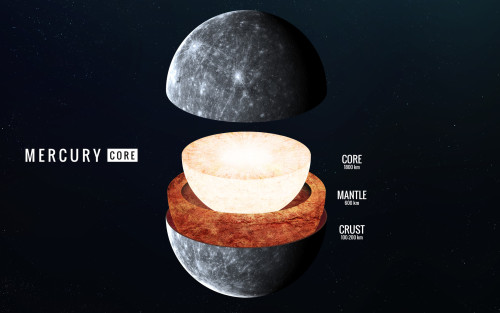
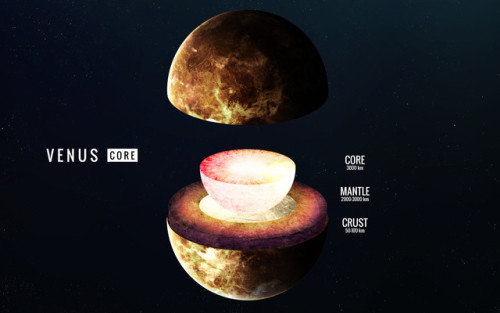

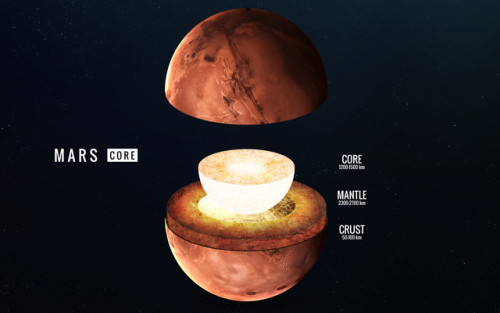
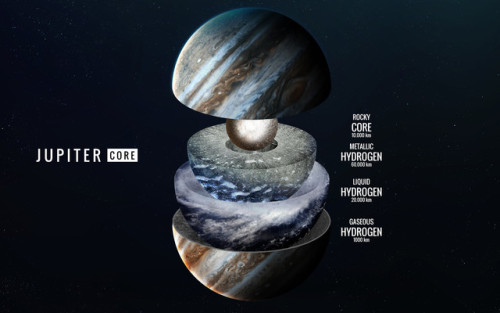
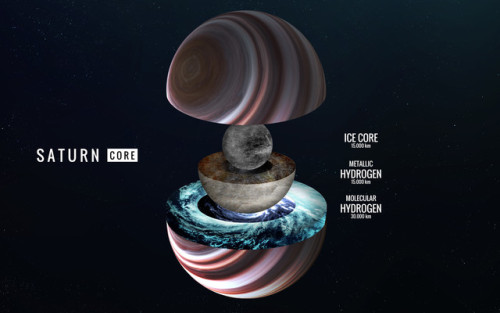
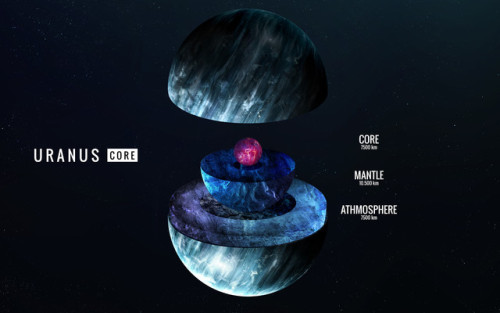
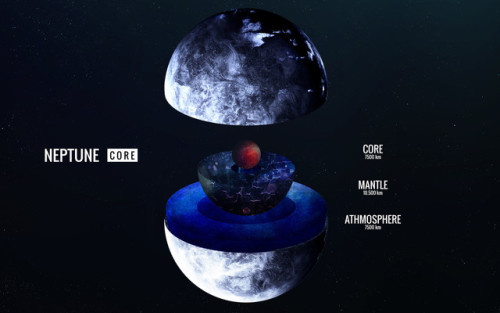
Inside - Vadim Sadovski
More Posts from Sharkspaceengine and Others
Cold Green World

Picture of the day 2 - November 10, 2018
A cold ice-giant and one it’s moons passing in front of the disk of the Milky Way.
Another Moon Shot

Picture of the day - October 26, 2018
A large moon against the backdrop of a stunningly colorful gas giant and it’s rings.
Mars Express finds evidence of liquid water under Martian pole
A ground-penetrating radar aboard the European Space Agency’s Mars Express satellite has found evidence for a pool of liquid water, a potentially habitable environment, buried under layers of ice and dust at the red planet’s south pole.

“This subsurface anomaly on Mars has radar properties matching water or water-rich sediments,” said Roberto Orosei, principal investigator of the Mars Advanced Radar for Subsurface and Ionosphere Sounding instrument, or MARSIS, lead author of a paper in the journal Science describing the discovery.
The conclusion is based on observations of a relatively small area of Mars, but “it is an exciting prospect to think there could be more of these underground pockets of water elsewhere, yet to be discovered,” added Orosei.

Scientists have long theorised the presence of subsurface pools under the martian poles where the melting point of water could be decreased due to the weight of overlying layers of ice. The presence of salts in the Martian soil also would act to reduce the melting point and, perhaps, keep water liquid even at sub-freezing temperatures.
Earlier observations by MARSIS were inconclusive, but researchers developed new techniques to improve resolution and accuracy.

“We’d seen hints of interesting subsurface features for years but we couldn’t reproduce the result from orbit to orbit, because the sampling rates and resolution of our data was previously too low,” said Andrea Cicchetti, MARSIS operations manager.
“We had to come up with a new operating mode to bypass some onboard processing and trigger a higher sampling rate and thus improve the resolution of the footprint of our dataset. Now we see things that simply were not possible before.”
MARSIS works by firing penetrating radar beams at the surface of Mars and then measuring the strength of the signals as they are reflected back to the spacecraft.
The data indicating water came from a 200-kilometre-wide (124-mile-wide) area that shows the south polar region features multiple layers of ice and dust down to a depth of about 1.5 kilometres (0.9 miles). A particularly bright reflection below the layered deposits can be seen in a zone measuring about 20 kilometres (12 miles) across.

Orosei’s team interprets the bright reflection as the interface between overlying ice and a pool or pond of liquid water. The pool must be at least several centimetres thick for the MARSIS instrument to detect it.
“The long duration of Mars Express, and the exhausting effort made by the radar team to overcome many analytical challenges, enabled this much-awaited result, demonstrating that the mission and its payload still have a great science potential,” says Dmitri Titov, ESA’s Mars Express project scientist.

The discovery is significant because it raises the possibility, at least, of potentially habitable sub-surface environments.
“Some forms of microbial life are known to thrive in Earth’s subglacial environments, but could underground pockets of salty, sediment-rich liquid water on Mars also provide a suitable habitat, either now or in the past?” ESA asked in a statement. “Whether life has ever existed on Mars remains an open question.”
source

Behold Tharsis Montes, three massive shield volcanoes in the Tharsis region of Mars. In this illustration by Dutch artist Kees Veenenbos, using data from NASA’s Mars Orbiter Laser Altimeter, we can see the volcanoes Arsia Mons, Pavonis Mons and Ascraeus Mons, southwest to northeast.
(Space 4 Case)

Picture of the day - January 11, 2019
Large storm swirls in the atmosphere of a gas giant.

Picture of the day - November 20, 2018
Dark red nebula rises over a dim set of rings orbiting a gas giant.
Colorful Desert World

Picture of the day 2 - November 8, 2019
A rather vibrant desert-type planet with active weather.





Pictures of the day 2 - February 1, 2019 - (very late post)
I decided to try something different this time. I found this large moon orbiting beautiful a blue gas giant and decided to take pictures of the sky overlooking a mountain at different times in the moon's orbit. The only time the moon ever gets dark is during an eclipse, otherwise the reflected light from the gas giant illuminates the surface in a bluish tinted light at night.
Space Engine System ID: RS 0-5-14693-319-17241-6-194958-8 3.1 to visit the moon in Space Engine.
Vibrant Rings

Picture of the Day - November 1, 2018
I’ve decided to move closer to home and am now exploring the Large Magellanic Cloud Galaxy. You’ll see in numerous pictures the Milky Way in the background covering almost a quarter of the sky in some locations
First picture from the new galaxy a ringed ice-giant with a colorful ring system.
-
 lunarian-queen reblogged this · 4 weeks ago
lunarian-queen reblogged this · 4 weeks ago -
 fuzzypilled liked this · 1 month ago
fuzzypilled liked this · 1 month ago -
 angeluscore reblogged this · 1 month ago
angeluscore reblogged this · 1 month ago -
 helldidntwantme reblogged this · 1 month ago
helldidntwantme reblogged this · 1 month ago -
 mira-xx liked this · 2 months ago
mira-xx liked this · 2 months ago -
 sushgdgd liked this · 4 months ago
sushgdgd liked this · 4 months ago -
 pipper075 liked this · 5 months ago
pipper075 liked this · 5 months ago -
 wawa-7 reblogged this · 5 months ago
wawa-7 reblogged this · 5 months ago -
 wawa-7 liked this · 5 months ago
wawa-7 liked this · 5 months ago -
 annabananabread96 liked this · 5 months ago
annabananabread96 liked this · 5 months ago -
 mrsattila reblogged this · 5 months ago
mrsattila reblogged this · 5 months ago -
 pink-soul-diary liked this · 6 months ago
pink-soul-diary liked this · 6 months ago -
 pineconeeaterr liked this · 7 months ago
pineconeeaterr liked this · 7 months ago -
 yaad1g liked this · 7 months ago
yaad1g liked this · 7 months ago -
 hiken-no-heli liked this · 7 months ago
hiken-no-heli liked this · 7 months ago -
 vengeg liked this · 8 months ago
vengeg liked this · 8 months ago -
 06-09-06 liked this · 9 months ago
06-09-06 liked this · 9 months ago -
 soengineergarden liked this · 9 months ago
soengineergarden liked this · 9 months ago -
 s2m2nk liked this · 10 months ago
s2m2nk liked this · 10 months ago -
 whiterabbityogini reblogged this · 10 months ago
whiterabbityogini reblogged this · 10 months ago -
 leda-timeandspace liked this · 1 year ago
leda-timeandspace liked this · 1 year ago -
 voracidadelunar reblogged this · 1 year ago
voracidadelunar reblogged this · 1 year ago -
 voracidadelunar liked this · 1 year ago
voracidadelunar liked this · 1 year ago -
 tightywhitieshemabearmark liked this · 1 year ago
tightywhitieshemabearmark liked this · 1 year ago -
 legalassassino liked this · 1 year ago
legalassassino liked this · 1 year ago -
 galacticaries reblogged this · 1 year ago
galacticaries reblogged this · 1 year ago -
 galacticaries liked this · 1 year ago
galacticaries liked this · 1 year ago -
 famestoshiro reblogged this · 1 year ago
famestoshiro reblogged this · 1 year ago -
 famestoshiro liked this · 1 year ago
famestoshiro liked this · 1 year ago -
 ourcoralstar reblogged this · 1 year ago
ourcoralstar reblogged this · 1 year ago -
 ifihadhomework reblogged this · 1 year ago
ifihadhomework reblogged this · 1 year ago -
 erykahbadont244 reblogged this · 1 year ago
erykahbadont244 reblogged this · 1 year ago -
 veelie666 liked this · 1 year ago
veelie666 liked this · 1 year ago -
 bonesofyesterdays liked this · 1 year ago
bonesofyesterdays liked this · 1 year ago -
 impredecible-e liked this · 1 year ago
impredecible-e liked this · 1 year ago -
 eyonsen liked this · 1 year ago
eyonsen liked this · 1 year ago -
 cmlotus liked this · 1 year ago
cmlotus liked this · 1 year ago -
 redjaybird liked this · 1 year ago
redjaybird liked this · 1 year ago -
 erhogonfasync liked this · 1 year ago
erhogonfasync liked this · 1 year ago -
 bigborger reblogged this · 1 year ago
bigborger reblogged this · 1 year ago -
 bigborger liked this · 1 year ago
bigborger liked this · 1 year ago -
 horse-shit reblogged this · 1 year ago
horse-shit reblogged this · 1 year ago -
 i-dont-exis liked this · 1 year ago
i-dont-exis liked this · 1 year ago
My Space Engine Adventures, also any space related topic or news. www.spaceengine.org to download space engine. The game is free by the way. Please feel free to ask me anything, provide suggestions on systems to visit or post any space related topic.Check out my other blog https://bunsandsharks.tumblr.com for rabbit and shark blog.
294 posts









